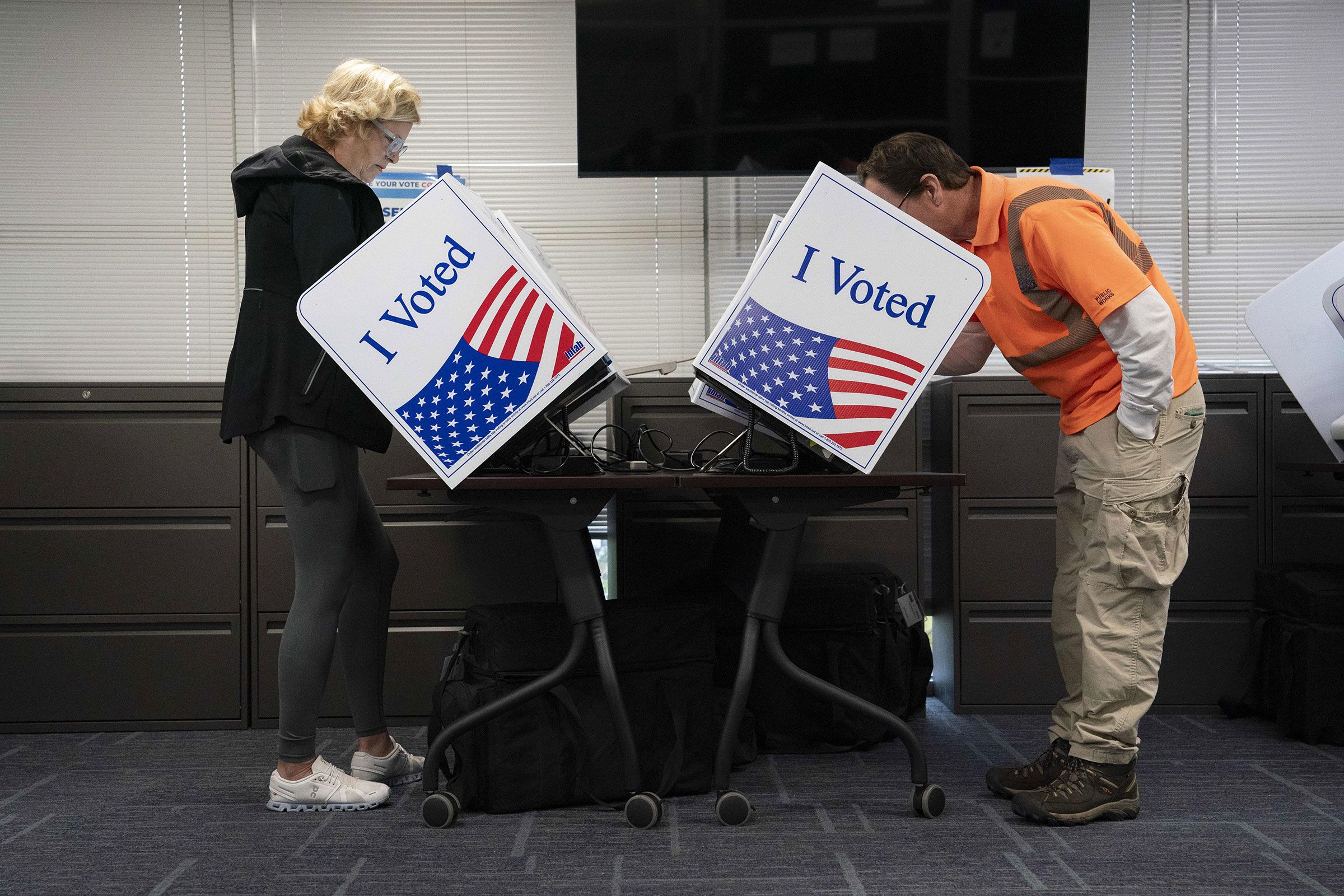Former President Donald Trump is currently leading the Republican presidential primary race, but the contest is far from decided. The next significant event is the South Carolina primary, scheduled for Saturday, February 24.
Key Players in the South Carolina Republican Primary
The main contenders in the South Carolina Republican primary include Trump, who is currently leading the race for the Republican nomination for the third consecutive presidential election. His primary adversary is former South Carolina Governor Nikki Haley, who also served as the US ambassador to the United Nations during part of Trump’s presidency.
Voting Eligibility
South Carolina’s primaries are open, allowing any registered voter to participate in either the Republican or Democratic primary, but not both. The Democratic primary, which President Joe Biden won comfortably, took place earlier in February.
Current Standings in the GOP Primary
Despite Haley’s tenure as the state’s governor, Trump has consistently led in pre-primary polling. He has garnered the support of over 60% of GOP primary voters in several recent polls, significantly outpacing Haley, who has hovered around 30%. Trump has conducted rallies in the state, but much of his campaigning has been done remotely due to ongoing legal proceedings in New York, Washington, DC, and Florida. Despite these legal challenges, including a recent $355 million civil fraud case, Trump’s campaign appears to have been galvanized rather than hindered.
Haley’s Struggles and Strategy
Haley faces the potential embarrassment of losing in her home state. Despite her and her allies outspending Trump nearly 12 to 1 in advertising ahead of the South Carolina primary, her campaign has struggled to gain traction. Haley has recently sharpened her criticisms of Trump, focusing on the potential chaos his trials could cause, his failure to condemn Russia over the death of Putin’s rival Alexey Navalny, and the advanced ages of both Trump and Biden.
What’s Next?
Even if Trump wins South Carolina, the primary race is far from over. It will take 1,215 delegates for any candidate to secure the Republican nomination, and only 50 delegates are at stake in South Carolina. As of now, Trump leads with 63 delegates to Haley’s 17. The largest pool of delegates will be available on Super Tuesday, March 5. However, if Trump decisively wins in Haley’s home state, her viability as an alternative candidate may be further questioned.
Haley’s Political Journey
Haley’s political career began with an underdog campaign and an improbable win in 2010, when she emerged victorious from a contentious primary. Despite being the target of mudslinging and a whisper campaign, Haley managed to secure a surprise win after a runoff.
South Carolina’s Political Landscape
South Carolina has a strong track record of picking party nominees. Since 1980, only once have South Carolina Republican primary voters not supported the ultimate nominee. The state’s demographics, as of the 2020 Census, are approximately 62% White, about one-quarter Black, and nearly 7% Hispanic. However, the Republican primary voters are predominantly White.
Looking Ahead
While it’s unlikely that South Carolina will be a battleground state in November, the primary results could significantly influence the trajectory of the Republican nomination race. The last Democrat to win South Carolina in a presidential election was Jimmy Carter, indicating the state’s strong Republican leanings.

